|
Read this extensive contributed post to learn how to help your pets prevent fleas and ticks during peak seasons and all year long! They’re the scourge of every pet owner and two of the most frequent pet care concerns: fleas and ticks. Fleas are notorious for causing intense itchiness and their bites can lead to hair loss, allergy dermatitis, and in extreme cases, anemia. While ticks don’t cause as much obvious discomfort, their bites can cause paralysis, anemia, and serious infections, like Lyme disease. Cats and dogs can pick up either blood-sucking parasite pretty easily, simply by laying outside in the grass, passing by trees or shrubs, or from their furry friends at kennels, groomers, dog parks, etc. While flea and tick prevention requires a year-round regimen, the peak and duration of their season depends on where you live. Learn more below about flea and tick season in your area and the best ways to protect your pets and your family. When is Flea and Tick Season? Fleas and ticks prefer warm weather, humid conditions, and moist areas. This means that in warmer and/or wetter parts of the country, it’s flea and tick season year-round. If you live in a state where the weather gets cooler or drier, you and your pets will generally get a reprieve during the winter months. Ticks are most active over the summer — starting as early as April and lasting into September — while the worst season for fleas is fall — September, October, November. According to research, the number of fleas on animals in the fall is 70% higher than in the spring. This is due to generally warmer and wetter weather and many animals getting in their thicker winter coats. Based on data from American Kennel Club Most states are classified by PetMD as having “mild-moderate” flea and tick seasons, which refers to how active pests are during the given season. More mild seasons are experienced by Colorado, Connecticut, Iowa, Kansas, New Mexico, West Virginia, and Wyoming. Fleas and ticks find refuge in wooded areas rich with shrubs, weeds, woodpiles, dense grass, and fallen leaves. Since their survival depends upon the availability of a host, both parasites are constantly looking for someone warm and furry to deliver their next meal. Fleas find their host mostly by light and heat, but also use other cues, like breath, body odor, and vibrations. Once a host is detected the flea literally jumps into action and eventually aboard a host. Ticks strategically position themselves, in waiting, near well-used paths, atop blades of grass, at the tips of shrubs, or under piles of leaves, ready to grab hold of a passing host. Once they’ve found a host, each parasite navigates through fur until it reaches the skin, then they bite to begin feeding. Ticks can feed continuously from a host for up to 7 days before dropping off, while fleas feed many times a day (hence all those itchy bites), consuming up to 15 times their body weight in blood, daily. Something that can make flea season so arduous is the parasite’s rapid reproduction. Female fleas lay eggs after each meal, around 40-50 eggs each day, meaning thousands of eggs in a lifetime. The eggs are non-sticky, so they’ll fall off the host and land in other areas of your home (ie: bedding, carpet, furniture, etc). So while getting rid of adult fleas is half the battle, once they’re in your home it’s easy for animals, and humans, to get attacked by newly hatched fleas. This is why any treatment option should tackle all life cycles. Ticks are less of a persistent threat after initial contact. If separated from a host before feeding, a “hungry” ticks will die in a typical house environment within 24 hours. If the tick has just eaten, it may be able to survive longer, but not long enough to mature and bite again or lay eggs (usually more than a month). Prevention Tips Unless they’re exclusively indoor animals, it’s difficult to ensure your pets will never encounter fleas or ticks in their lifetime. So the most important preventative measure you can take to protect them is to maintain regular flea and tick treatment. Whether it’s a pill, chewable tablet, or topical treatment (check out our reviews of flea treatments for dogs and cats), year-round medication is essential for stopping an infestation before it begins. Most preventative flea treatments are also effective against ticks. Flea treatments use pesticides to kill adult fleas on your pet. But don’t worry, any insecticides used in these products have to be approved by the Environmental Protection Agency as safe for use on pets and around people. Many treatments also contain insect-growth regulators (IGRs) that prevent fleas from reproducing and laying more eggs that would lead to a re-infestation. In addition to making your pet a flea- and tick-free zone, you can also take steps to make your property equally inhospitable to the parasites. Your yard is the frontline in this battle. Experts from PetMD recommend utilizing the natural pest-fighting abilities of beneficial nematodes (microscopic worms that occur naturally in different soils, enter the bodies of insects bacteria and release bacteria that kill it within 24 to 48 hours). You can spray-treat backyards and gardens with nematode solutions, although there are many outdoor spray solutions to help prevent or manage fleas. Keep garbage sealed and shut tightly and the garbage area as clean as possible, to discourage wild animals and feral pets from coming into your yard and bringing fleas with them. If you’d prefer to try natural remedies, commonly suggested alternative treatments include: diluted Apple Cider Vinegar, dish soap, herbal flea spray, baking soda, salt, lemon spray, diatomaceous earth, and certain essential oils, including chrysanthemum, rosemary, lavender, spearmint. Just keep in mind that there is little to no clinical evidence that these alternative treatments are effective. In fact, some natural flea and tick remedies used for humans can cause severe reactions in cats and dogs, like geranium, eucalyptus, pennyroyal oil, garlic, and onion. Humans are also targets of fleas and ticks, and the diseases and pathogens they potentially carry. Protect yourself and your family by taking basic precautions when going outside or interacting with unacquainted pets/animals, especially during peak seasons. Signs Your Pet Has Fleas If your pet is scratching excessively, has scabs, hair loss, or irritated skin, or pale gums, weight loss, or energy loss (anemia symptoms), it’s possible they’ve got fleas. Thoroughly inspect your pet’s skin by moving fur around. You can just use your fingers or a specialized flea comb. If fleas are present, it’s likely you’ll see those bloodsucking trespassers moving about. But otherwise, you’re basically looking for salt and pepper: white specks are flea eggs, while black specks are bits of dried blood known as “flea dirt.” You may also spot flea dirt in your pet’s bedding or favorite chair. Steps to kill fleasSteps to take when you’ve discovered fleas on your pet:
The best method of keeping fleas away is to practice preventative measures on a regular basis, before there’s a threat. Keep your home thoroughly clean. For your pet, continue the administering of shampoos, sprays, topical treatments, collars, or pills on a regular basis. Continue to utilize outdoor sprays to treat your yard and carpet sprays to treat your carpets, upholstery, and furniture. If necessary, fog your home. Unfortunately, flea infestations are difficult to eradicate immediately. It takes time and one must remain proactive and diligent in preventing and maintaining these pests. Consult your vet before administering any treatment. Signs Your Pet Has a Tick If you suspect your pet has a tick, you can do a visual check (mainly around the head, neck, ears, or paws) as well as try to feel for them by running your fingers through your pet’s fur. Symptoms of a tick bite vary, as some are caused by reactions to the bite and others by the diseases they can carry, like Lyme disease, but common symptoms include:
Steps to remove a tick If you’ve found a tick on your pet (or yourself) it’s important to remove it as soon as possible.
6 Comments
Having a dog is a big responsibility. Read this post on how to keep your dog as happy and healthy as possible. Our dogs aren't pets; they are our fur kids, members of the family, and our unconditional friends. It is no surprise then that we want to take care of them in the best way possible and ensure their happiness, as they contribute to ours. Read on to find out how. Feed them right One thing that it is vital to do for your pup is to feed them properly. Yes, I know that your pup will look at you with those big gorgeous eyes and practically transmit the message into your brain that they want a scrap of what you are eating. However, often time this can do them harm in the long run. In fact, many human foods can be dangerous for our doggy friends such as caffeine, chocolates, garlic, and onions, and therefore we owe it to them to protect our doggos from these. Also, it's vital that you get the level of nutrition in you pupper's food right for their breed their activity level, and their size. Otherwise, you can end up over or under feeding your dog and causing them harm. It's even necessary that you get the right feeding bowl for them to use, as dogs with long neck will need their dish lifted off of the floor. While those pups with long ears will need a high sided bowl so they don't end up getting their dinner in all the places it shouldn't be. Groom them Next, to keep your dog happy it's essential that you groom them regularly. Now you can get a professional dog grooming service to do this for you, or you can you do it yourself at home. Of course, to do a proper DIY job you will need to get some professional dog grooming clippers, as well as nail clippers or buffers, and some doggy brushes. The latter being particularly important because you must brush your dog's coat before you bathe them. Otherwise, you can end up with tiny pin knots in their fur which are super painful when you try and brush them out! Provide love Perhaps our most important task as dog moms or dads apart from caring for them physically is to show them love and kindness as well. Of course, this can be particularly tough if you have a nervous dog that finds it tough to calm down or be shown affection physically. Although, there are some strategies available that can help you cope with such issues such as pet Reiki, a spiritual practice that can help calm your dog and improve the friendship between you. See to their medical needs Regular vet checks will keep your pup healthy and happy.
Lastly, don't forget that, as well as love and care, your dog's specific medical needs, must be dealt with as well. This means checkups for dogs that are in good health, as well as treatments and even surgeries for dogs that are not. Of course, all these things can be provided by your local veterinary clinic. Something that makes it's a good idea to register with them as soon as your pup comes to live with you. Then you will be able to access any medical care they need and keep them as well as and happy, just like they deserve. Have you been thinking about getting a dog? 8 Reasons that dogs make the best pets are explored in this post. Dogs have long been known as man’s best friend and anyone who owns dogs will know that their title as our favourite furry companions is well and truly deserved. Take a look at these amazing things that dogs do for us and you’ll be left wondering if we truly deserve to have them in our lives…
They’re Always There for You Dogs are great, Dogs don’t judge. Whether you’re having a bit of a bad day or you’re in full-on breakdown mode crying more tears than your thought possible, they will be there with a friendly ear, and comforting fur, to listen to you, reassure you and make you feel so much better, and all of that without ever saying a word. That’s probably why so many people are now registering their dogs as emotional support animals. If you’re having a tough time yourself, it might be worth looking at this support dog info to see if your dog could accompany you in difficult situations too. Everything is better with your four-legged companion by your side. They Keep You Warm This might not be quite as important, but there’s no denying that on those cold winter nights, having your dog lay by your feet is a great comfort, not only because they keep you warm but because their presence is so calming in its own right too. They are Loyal No matter how badly you screw up or how difficult your being, your dog will always have your back and be totally loyal to you. It’s not surprising then that 40 percent of dog owners have admitted to telling their dogs everything about their life. They Encourage You to Exercise You might think that sitting in front of the TV doing nothing very much is the perfect way to spend your evenings or that staying in bed all morning on a Sunday is idea, but your dog is likely to have very different ideas and he’ll be cute at you until you slip on your shoes and go for a nice long walk, which is really what you need anyway, right? People who have dogs tend to be far more active than those who do not and that brings a whole host of health benefits with it. You'd be surprised just how effective at keeping you healthy walking is. It’s truly amazing stuff! They’re Always Happy to See You When you walk through the door after a long day at work, your dog always makes you feel like the most special person in the world, giving you a little lift right when you need it. They’re Protective No matter how big or small, dogs are brave and they will always seek to protect you from strangers who might do you ill. They Can Prevent Allergies Dogs can help to keep you healthy in so many ways, but if you have kids, one of the best things they can do is help to prevent allergies. When children are around their dander, they build up an immunity which means they’re less likely to get asthma or less serious allergies in the future. They’re So Cute There’s no denying that dogs are irresistibly cute. From Chihuahuas to Wolfhounds, I’ve yet to see a dog that I didn’t immediately fall in love with. Beautiful animals, they definitely are. Put simply, dogs are the best! Would you like to own a dog? Learn important questions for you to see if it's the right choice for you and your family. Deciding to add to your family is a big decision that should never be taken too lightly. Children and pets, they all require you to ask yourself certain questions to ensure that you are ready for the commitment. While owning a pet may not impact you as much as having a child would, it’s vital that you still consider the decision carefully. After all, you are taking on a living thing. This is because owning a dog, or any other pet for that matter, is something you have complete control over. You decide whether you are ready and want to embark on this new journey. Sometimes children don’t give you that luxury. But how do you know if you are truly ready for a pet dog? What should you do to ensure that you can truly commit? Sometimes just going with your heart isn’t always the answer and you need to think about the decision logically and explore all the angles. So I thought I would share with you some of the most common questions to ask yourself when considering getting a dog. Do we have space for the dog? One of the main things to consider when getting a dog is the space you have in your home. Do you have enough space to accommodate a four legged friend who can bounce around your home and have an abundance of energy? Sometimes you don’t realise in advance what impact having another member of the family can do to the space you have in your home. You will need to ensure they have a place to sleep or stay during the hours you are not there. You need to think about whether there's any toilet training that needs to take place, especially if you are getting a puppy. Space is a big factor throughout the decision making process. Can I even have a dog in my home? It is all well and good considering whether you have the space, but honestly, is a pet dog even an option for the property you live in? If you own your home it is different, but if you rent, you may need to check your contract to ensure that you have the right to have a pet in your property. If there are no guidelines then you may need to seek permission ahead of time. Secondly, if your property a house with outside space, or is it a flat or an apartment. This again could have a big impact on your decision making as having a family pet dog in an apartment might not be as easy as if you have a house where a dog can roam around the garden if it needs a little fresh air. Do we have enough time to give a dog? A dog needs your time, there is no hiding from that fact. Time for playing, affection and most of all training. Considering dog training is important to ensure they obey your orders and behave well. The last thing anyone wants is an unruly pet causing havoc in your home. Dog training especially will take time and it will require your commitment and effort to remain consistent. But you also need to think about whether you can commit the time to walk a dog and exercise them each day. So make sure you consider whether you have that free time to give. Can we afford to keep a dog healthy and happy? There is no hiding from the cost implications of having a pet dog. They need your attention, yes, but they also need food to eat, a place to sleep, and regular treatments to keep their skin and gut healthy. Thankfully, brands like PetAction are around to help dog owners keep their pets in tip top condition. But you also need to consider the option of vet bills should an accident happen or your pet dog becomes unwell. These things cost money. Some regular, some might be one off payments, but however you look at it, a pet dog will always have an impact on your monthly budget. Can we maintain a dog schedule? In all honesty, it doesn’t take much to look after a dog. If you are an animal lover, the general chores won’t be an issue to you at all. In fact, you will probably take great enjoyment out of cleaning them up and taking good care of them. But a dog does need to have regular exercise each day. Walking tends to be the most popular way and most dog owners will do this twice a day. While some may use this as an opportunity to be more active in their own lifestyles, sometimes, you may find that this isn;’t always something you can completely commit to. What if the weather is bad one day? It doesn’t mean that your dog shouldn't be exercised. You have to ask yourself whether you are around for those regular exercise jaunts. The feeding schedules and of course have time to offer affection. Will you be able to fully commit? Of course, if you do have a busy job, there are local services you could look into, such as regular dog walkers who can happily take your dog out each day for a fee. What happens when we are not there?
Finally, not everyone is fortunate enough to stay at home each day. So there is bound to be times where your dog will need to be at home without you, it’s unavoidable. So it is important to ensure that you ease your dog gently into this to avoid causing issues with separation anxiety in the future. You also need to workout how long they may be potentially left for. It’s unfair to keep a dog locked away for long periods of time. Not only do they need some form of exercise, or at least be able to stretch their legs, but they may also need to relieve themselves at some point. Factoring this into your schedule is vital. I hope this helps you come to a decision of owning a dog easily. Are you considering adding a pet to your life? Be sure to read this post which covers many areas related to pet ownership. This year it might not be such a bad idea to bring a new family member into your home. Getting yourself a pet cat or dog can be great for your health. Concentrating your focus on taking care of your new companion can bring about a real sense of purpose and fulfilment. Not to mention playing with these little critters can massively reduce your blood pressure and anxiety levels. Some universities and colleges have even decided to fill a room with puppies and kittens so that they're students can play with them when they're experiencing high levels of stress. Just looking at cute pictures of small animals on line can bring peace and calm into your life. If you get yourself a dog you'll be fitter than ever from taking them out for daily walks and could be making great new friends in a whole new community of animal livers. But you'll have to remember that these pets have needs to and just there to bring happiness to your life. They are come as package containing responsibility and commitment. Here's what you'll need to consider before you offer up your lovely home as a place to stay. Share the love Where are you going to get your new best friend from? There's so many animals just now living in shelters that need your help. Do you really need a purebred? Consider adopting before purchasing from a dog breeder. If you decide in the end that it's all just a bit too much to take on then you could still look into the option of sponsoring an animal. That way you know your money will be going towards a great cause helping to fund the upkeep and happiness of those poor animals and you won't have to dedicate so much of your time. You may even want to look into specifically sponsoring a guide dog that way you'll be giving a great home to the dog as well as helping someone with sight difficulties. Another great thing about going to a shelter to collect a little kitten or pupper is that it could be free. Getting yourself a purebred can be an extortionate option. Taking care of your pet As a human you're going to have different needs from your pet. Just like having a child the wellbeing of your pet is going to be on your mind constantly. There's a few things you could be doing to give yourself peace of mind. Get pet insurance. It could save you so much money if anything tragic was to ever happen to your little buddy. There's lots of options online to choose from and signing up is as easy as clicking a button. Get a vet. Find out where your local vet is and take a visit with your pet so everyone can get to know each other. This will be like a doctor for your pet and the stronger the relationship they have with each other the better the advice for help will be. Look out for bugs! Nasty little creatures like ticks and fleas will want to make themselves a home in your pets fur. Don't let them. If you discover this has happened then you could use products like Advecta flea meds for cats and dogs which should solve your problem. Going on holiday? Pets are going to take up a lot of your time. Almost all of your time. If you have a busy work schedule or aren't home often then you may want to reconsider if a pet is the best option for you. It makes going on holiday difficult but not impossible. If you want to go without your pet then you'll need to find appropriate care whilst your on vacation. Do you have any family or friends you could trust with your pets whilst you're away, or are they even willing to do the work. If not then you'll have to seek out professional help which can be costly. If you want to bring your beloved friend with you then this can be tricky. Your pet needs to be healthy and up to date with check ups so that they are safe to travel. What's your destination? Do they have all of the appropriate facilities needed to take care of your pet? If your pet needs medication then you'll have to check it's acceptable to bring into another country. This can all be a bit complicated making the decision to leave your pet at home the better option. Friends forever After pets have been fed and watered all they pretty much want to do is love. They can be extremely loyal companions. Although they can't talk back they will always be there to listen and you can unload all your problems of the day by sharing them out loud. If you take care of them and treat them well then they really will be your friends for life. This often works in the real world with people too. Pets can also be very funny creatures. They all have their own personalities and quirks that they're always willing to share with you. You may find yourself laughing out loud at some of the antics they get up to. As mentioned before there are giant communities of animal lovers. Don't be surprised if your stopped more than once on a dog walk by a friendly face. People love talking about and often too your pets. It's a great way of meeting people, socialising and making new friends. You might find your spending more time out of the house than ever before. Of course pets can be a nightmare at times, they can be expensive, hard work and take up a lot of your time but the joy you will experience in return will be tenfold. Bring it into your life by bringing a pet into your home. If you think you're up for the challenge then why not give a home to a furry little friend today. |


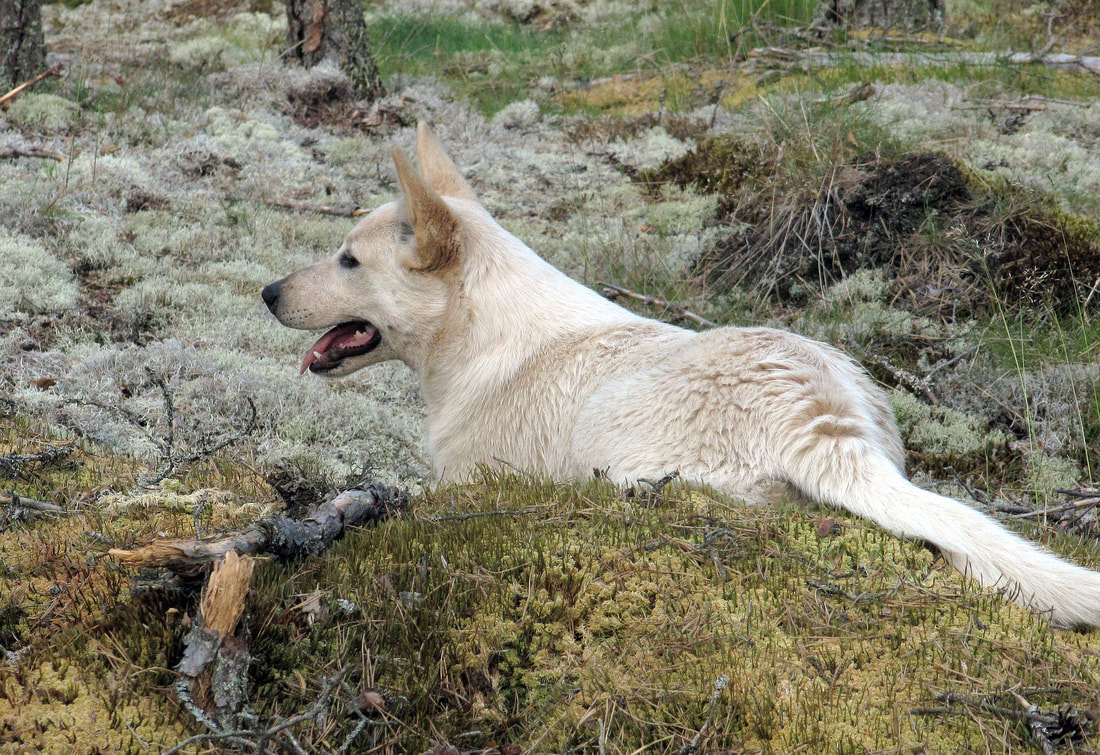
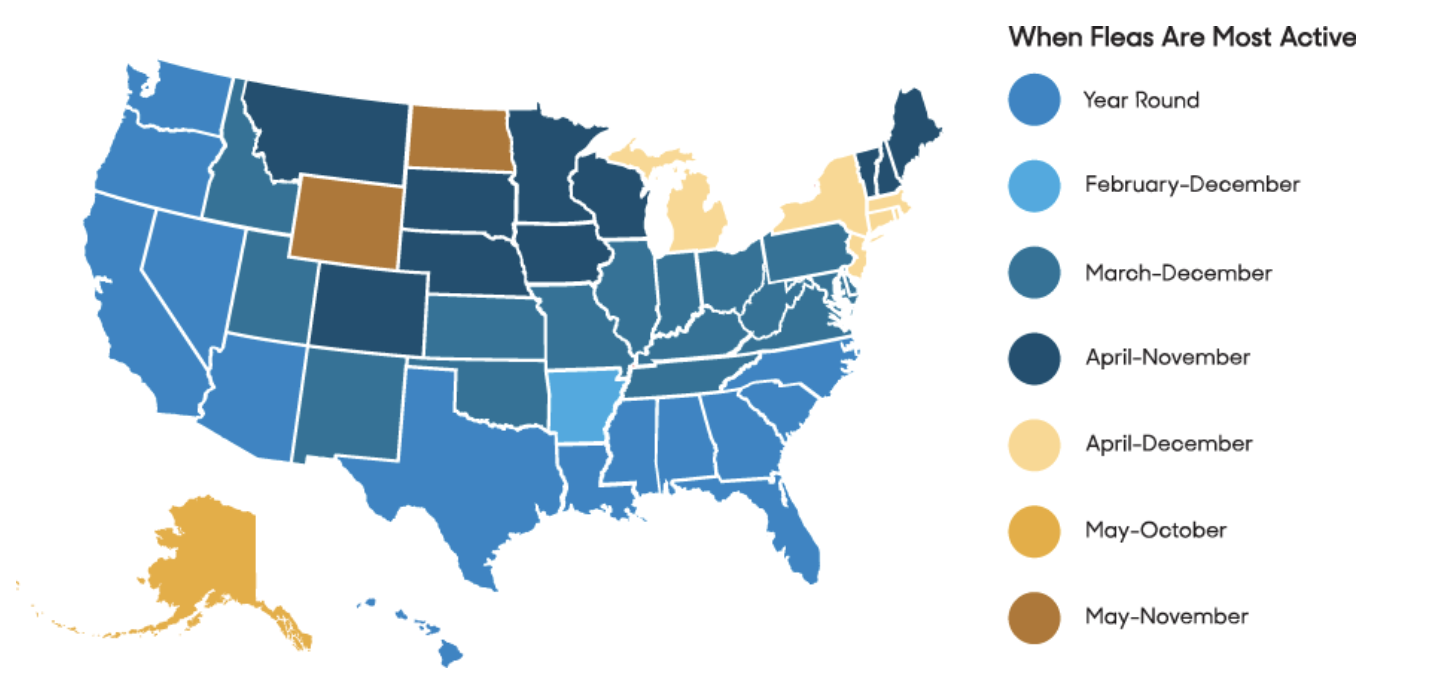



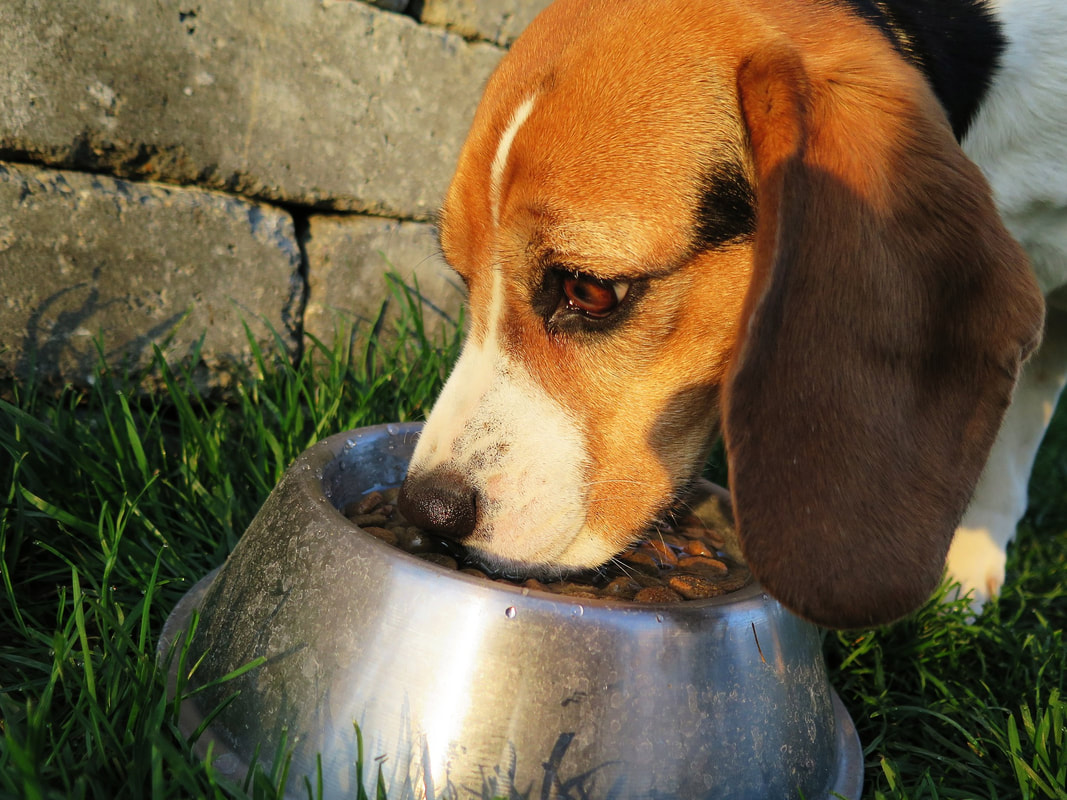
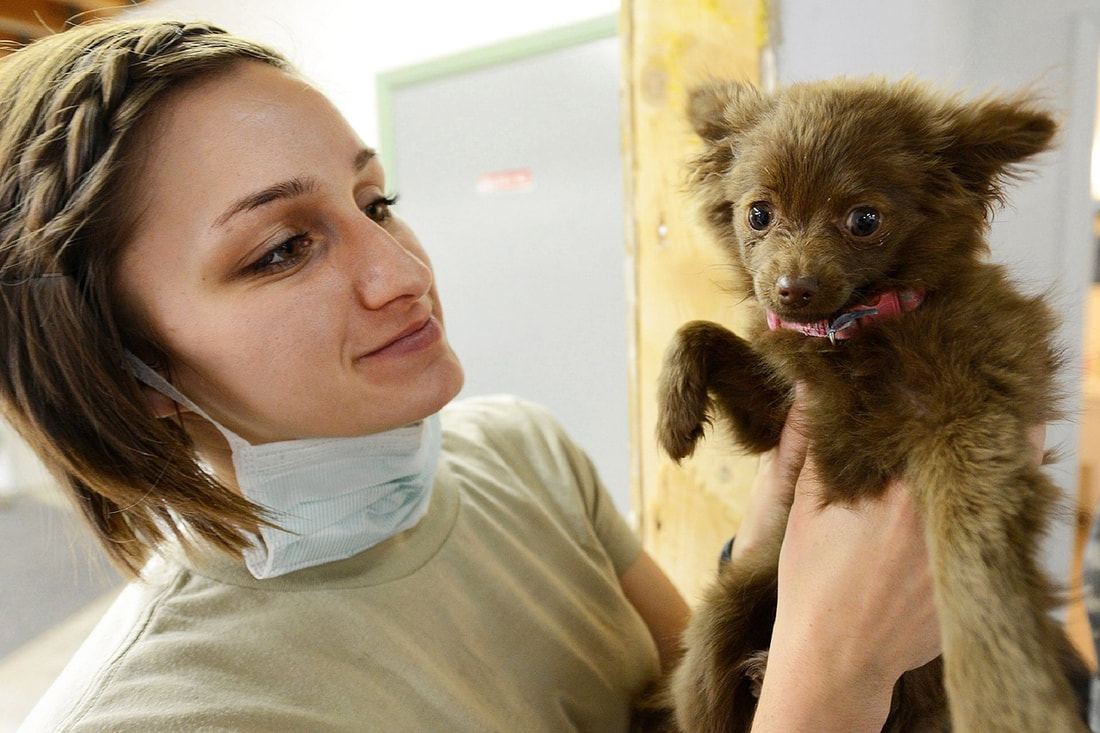
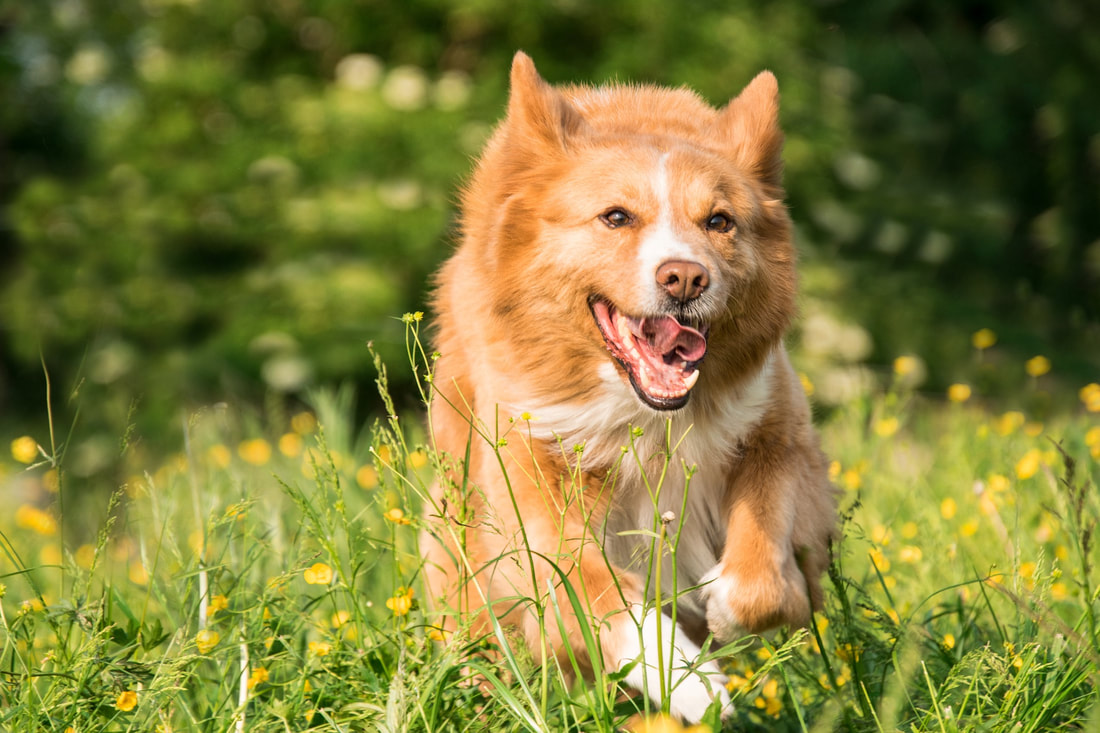

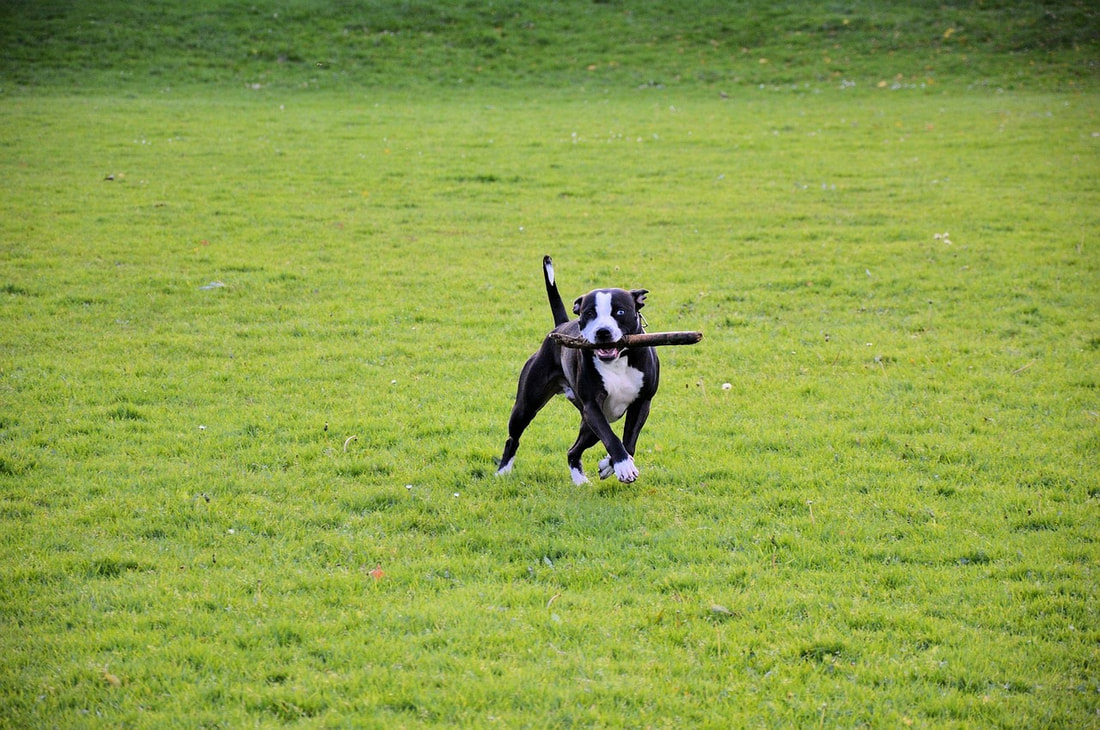






 RSS Feed
RSS Feed
